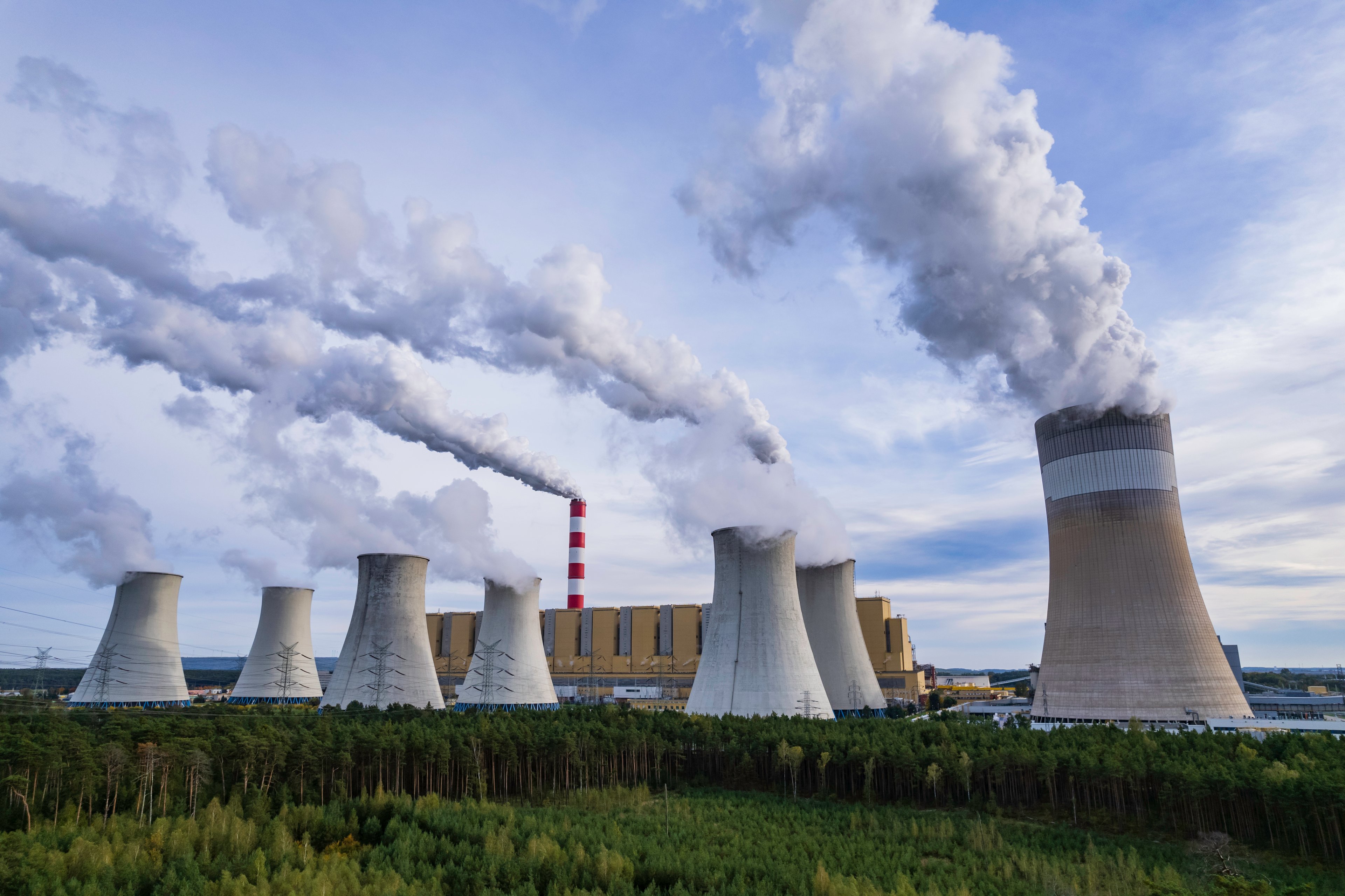A big rally in the stock market enabled Berkshire Hathaway (NYSE: BRK-A) (NYSE: BRK-B) to report a big surge in net income in Q1. The quarter was still pretty good even after adjusting for that boost from its stock portfolio. In this Industry Focus: Energy clip, host Nick Sciple and Fool.com contributor Matt DiLallo discuss:
- The strong showing of Berkshire's railroad.
- The solid results in the utilities and energy segment.
- The benefits of Berkshire Hathaway's diversification.
To catch full episodes of all The Motley Fool's free podcasts, check out our podcast center. A full transcript follows the video.
This video was recorded on May 9, 2019.
Nick Sciple: All right, Matt, now I want to talk a little bit about Berkshire's earnings. First off, the numbers. When you see this net income number off the top, it's really eye-popping. $21.7 billion. But you need to take a little bit of that with a grain of salt. $15.1 billion of that is just mark-to-market on the equity portfolio. The S&P was up 13% during the first quarter. Obviously, that provided a whole lot of ballast for Berkshire's equity portfolio. When you back out to the core business, you're looking at about $6.6 billion in net income. A lot of cash, but not quite what you're going to see from that headline number.
As you dig into Berkshire's actual operating businesses, Matt, what stood out to you from this report? What's going on in that part of Berkshire's universe?
Matt DiLallo: I really liked the railroad earnings. Pre-tax earnings were up 10% to $1.7 billion. They benefited from higher rates per car and fuel surcharges. That big boost came even though there was really bad weather during the winter and flooding in the Midwest. That hurt volumes, but they made all that up on pricing. Lots of other railroads do the same thing. Tennessee and Wyoming, they reported really strong earnings, even though there was all this flooding and stuff.
The big things were industrial and consumers -- your oil, your construction materials. That painted a really strong economy. The weaknesses were in coal and agriculture. It was really good. It shows that that investment in Burlington Northern is really paying off.
Sciple: Yeah. Those railroads fit what Warren Buffett has done in the past. Used to always invest in newspapers, those are little monopolies. You look at a railroad, we've talked about with pipelines before, those are little monopolies, too. You control those routes. They're not building a lot of new railroads these days. When folks need to move things around, they have to go to Berkshire or these other folks. When the economy is doing well, it really works out for these railroads. We've talked in the past too about pipeline constraints as well taking away oil from some of these plays. Railroads are a good substitute for that. That explains some of where you might see that strong performance in that part of the business.
Their utilities and energy also had a pretty good quarter as well. What did you see from that part of Berkshire's operating businesses?
DiLallo: Utilities earnings pre-tax is up 11% to like $500 million. That was pretty good. But it was interesting. There's a lot of mixed results. They own several utilities. MidAmerican's probably their most famous one. Earnings there doubled. But a lot of the other ones are up or down. That just shows the diversification of Buffett's energy portfolio. He had some other energy businesses. He has pipelines, and he has investments in renewables and regulated electricity transmission. Those were down there, they reported a loss. The diversification really helped him. He had some really good assets out there. Those are performing well and they're offsetting some weak areas.
Sciple: Yeah. Again, that's what you get from Berkshire, this super-diversified industrial conglomerate in areas where regardless how the economy is performing, some part of that business is going to be doing well.





